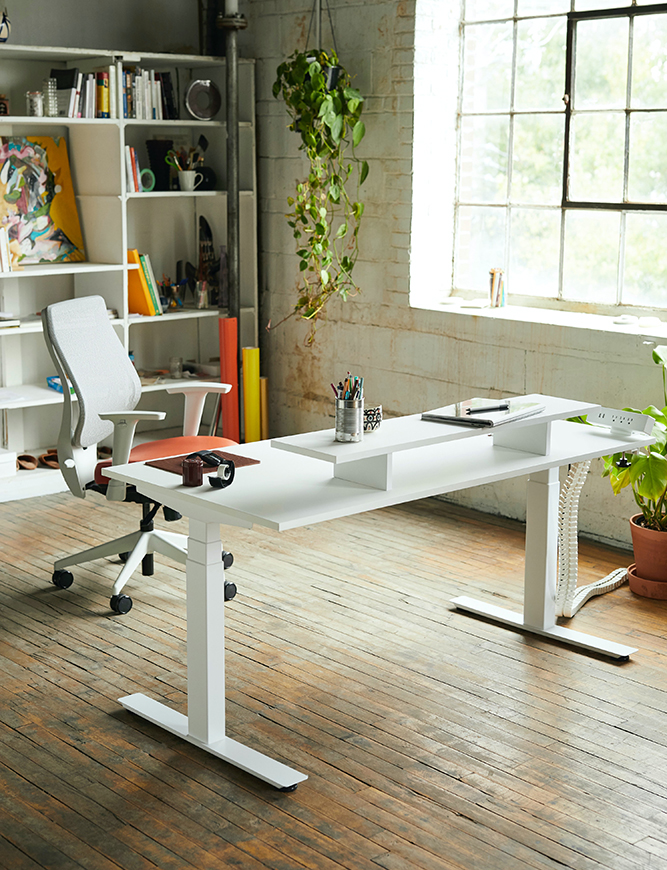In the Wylde blog this week we’re discussing the non-linear work day and how the pandemic has shifted the traditional work day into an unrecognisable form for some. The non-linear workday deviates from your regular 9.00am start with a coffee at your desk, a midday lunch break and an escape to join the rush-hour madness around 5 or 6pm. This is yet another way of working that is centred around flexibility, productivity and balance. The hybrid work model shines a spotlight on the benefits of prioritising motivation and work-life commitments.
The hybrid work model caters to a combination of working from home, in the office or even on the move. The last couple of years have taught us that it’s not necessary to be glued to a fixed desk in order to ‘get the work done’, in actual fact in many sectors productivity is at an all time high due to a change in ways of working.
The non-linear workday is an extension of this, by recognising when you’re most productive, most distracted and quite frankly – when you have better things to do! This outlook hones in on task management and efficiency – getting work done at the times you are most able to do it.
Some of us are night owls and some are early birds moreover, many workers have childcare duties or could do with being closer to a certain place at certain times or days of the week. The non-linear work day makes room for all of the above. Low productivity hours can be spent doing less urgent tasks such as admin and high productivity hours can be used to focus and be creative – with high output.
Not all employers can or choose to give absolute freedom in their employees work hours as it simply might not be practical depending on the nature of the work. However, what we have learnt from lockdowns and the imposition of remote working is that values have shifted with wellbeing and work-life balance fast becoming non-negotiables and rightly so!
The changes in the world of work has been long overdue, sped up by the unprecedented effects of the global pandemic. Whilst currently non-linear workdays are more suited to the tech industry or organisations that already facilitate workers in different timezones and work hours. It’s certainly exciting to see how the future world of work embraces a more flexible ethos that caters to productivity and success whilst also promoting emotional and social fulfilment outside of job- roles.






